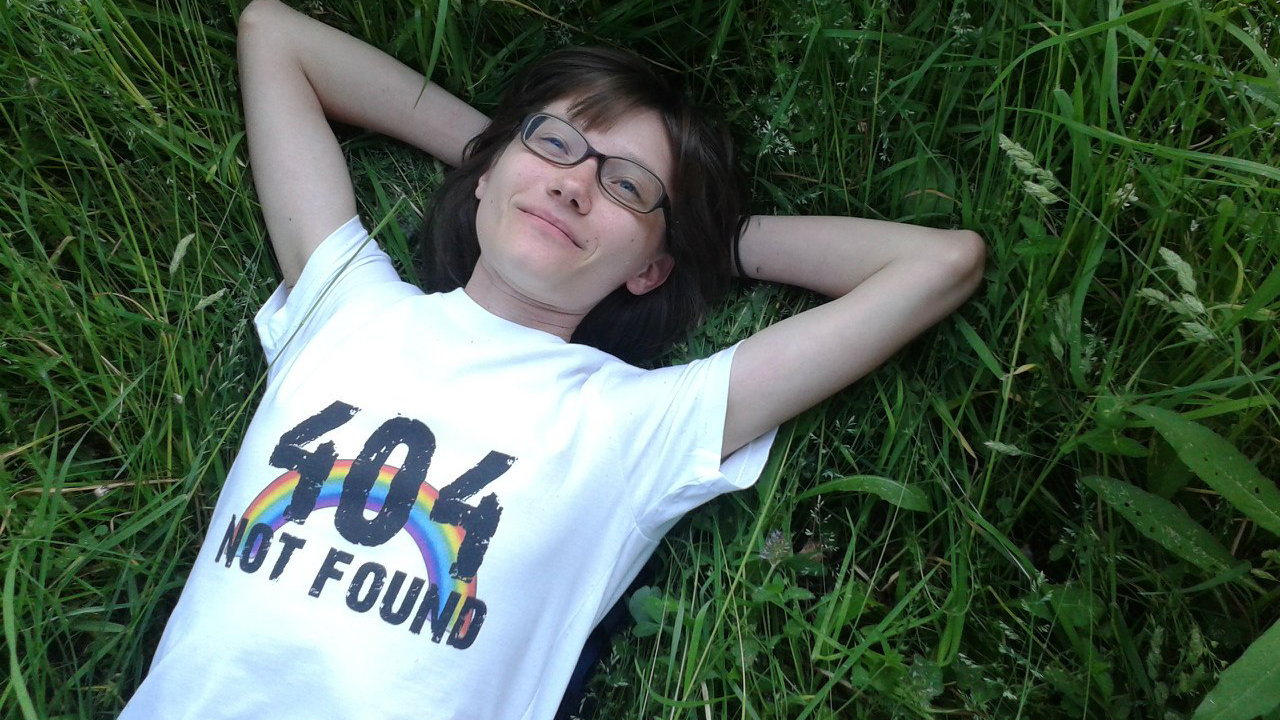Last month, Lena Klimova — founder of “Children-404: We Exist” LGBT youth support group on Vkontakte and Facebook — was the fifth person to be officially charged under Russia’s “anti-gay propaganda” legislation. She was just acquitted, on the technicality that she did not actually register the social media group; she merely administrated it.
The charges followed a complaint from the co-writer of the “anti-gay propaganda bill,” priest-in-training Deputy Milonov himself. The social media group shares personal stories by Russian LGBT youth. Milonov stated that “Without such groups, no kids like that would exist.” Such charges and the law itself are part of a larger issue — the growing religiously conservative influence within Russia, focused on teaching minors “family values” only. Currently, there aren’t there aren’t really any sex education courses in Russian schools.
Milonov often references but is unable to actually cite “scientific studies by scientists” that support his anti-gay rhetoric, but an expert testimony by “doctor and psychotherapist of the highest qualification” concluded that Children 404 had nothing to do with “propaganda,” saying that “This group is of great help for minors facing problems because of their sexual orientation and gender identity.”
Klimova’s lawyer stated, “We looked for such a decision and believe that it proves the incapacity and groundlessness of the so-called law about ‘propaganda of homosexuality.'”
But does it? While the judge notes the absurdity of this situation, the law still stands. When we looked at the actual wording of the vague, inconsistently-enforced bill, we found a clarification in the recently-published “Criteria of Internet Content Harmful for Children’s Health and Development” (pdf), which considers illegal propaganda to be:
Information that disagrees with family values, propagating nontraditional sexual relations and formulating a lack of respect for parents and other family members.
Information from manipulated facts and statistics that could discredit the traditional model for family relations and propagate alternative models of family relations, presenting them as acceptable in certain circumstances.
Information (images and text) that justify and/or excuse acceptance of alternative family relations. For example, many sites propagate nontraditional relations, give statistics about adoption of children by homosexual and heterosexual partners. Removed from the broad context, this information might lead children or teenagers to believe that homosexual couples are no worse at coping with parental responsibilities.
Looking through the doublespeak, it implies that information available to minors over the internet that suggests kids in LGBT families can grow up perfectly normal and adjusted, the person, organization or media source distributing it can be fined. As far as gay youth is concerned, the legality of statements hinges upon the difference between “propaganda” vs. self-acceptance and community support. But if stating that acceptance implies “gay is ok” which the government disagrees with, does that make that illegal propaganda? Isn’t it ludicrous to be debating these nuances of a discriminatory law and its gradients of oppression?
Milonov is already appealing Klimova’s acquittal. (Image: Bok-o-bok.ru)



